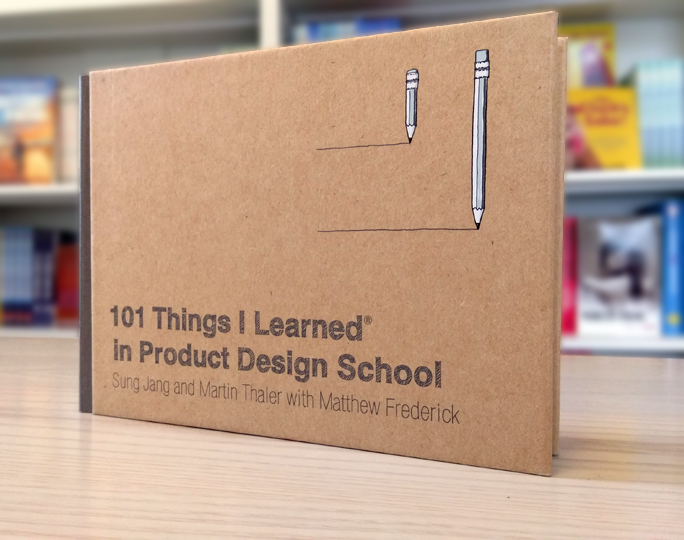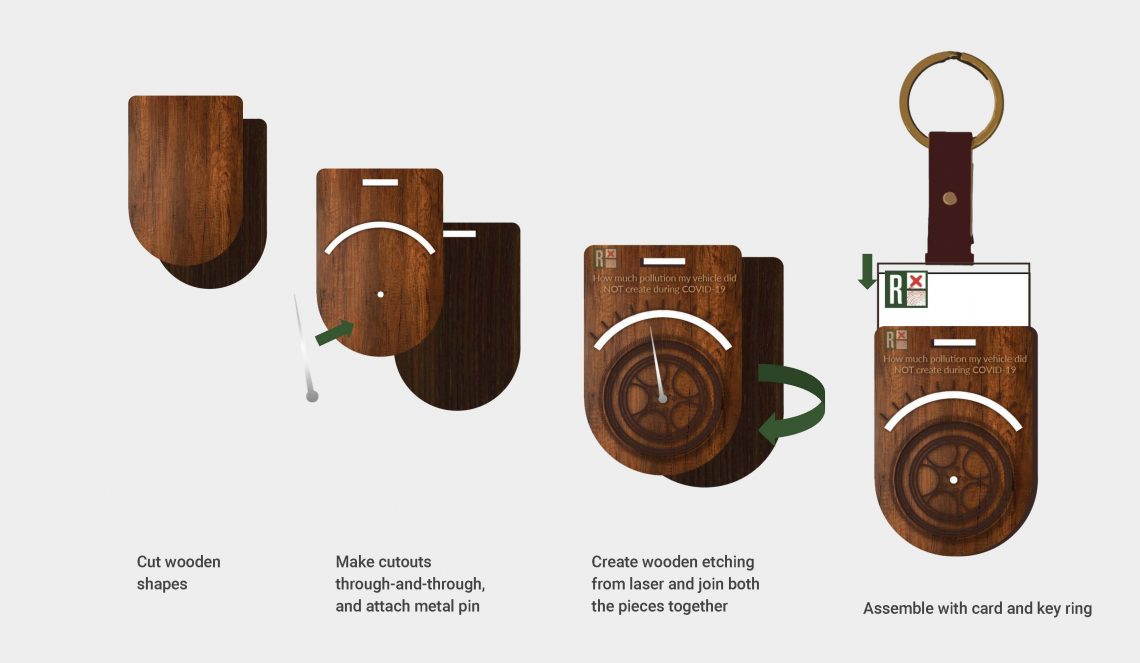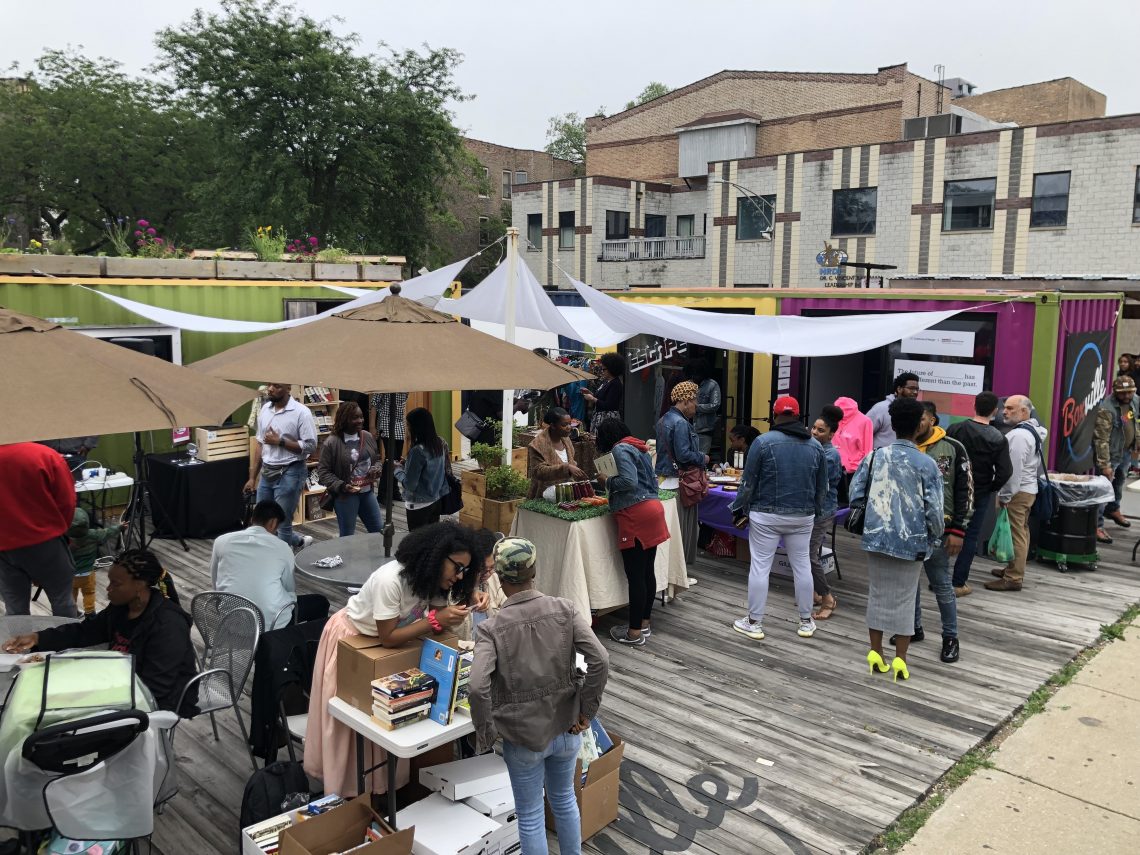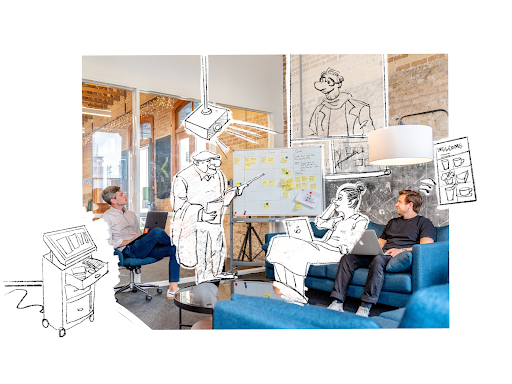
In 2021 ID partner, Harvard T.H. Chan School of Public Health, conducted an ethnographic study collecting data from over 1,000 households in 15 countries. They wanted to understand how people worldwide were coping with COVID-19. Through a summer 2021 MasterChallenge, the Harvard Chan School challenged ID students to analyze this data, consider their insights, and explore and prototype ways to make “a less toxic world.”
ID students focused on the struggle to balance work and life during the pandemic, and the effects that lockdown had on communities. What they found wasn’t entirely surprising: individuals felt isolated, businesses suffered, government distrust fomented. The opportunity was real and urgent: work was already fitting into peoples’ lives in new ways. So the team reimagined community life and found other, more beneficial, ways work could be a part of it.
Illuminating our connection points
ORION, named after the brightest constellation, responds to the lack of meaningful connection people experienced due to quarantine. Constellations are star systems—and visions that result from connecting a number of stars with one another. The picture we see as a result of connecting these stars serves to orient us within the sky, connect stars based on their proximity to one another, and provide a greater sense of meaning.
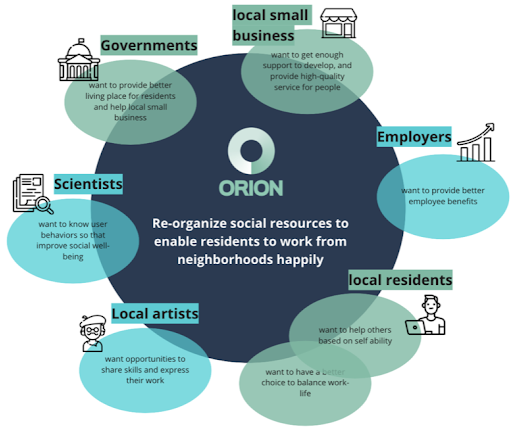
Orion System
ORION aims to enhance work-life balance and bring a new outlook to hybrid living, supporting workers suffering from alienation, isolation, or quite, simply, loneliness—which itself has been considered an epidemic. Through ORION, community members access adaptable and inspiring places to work within their own communities and become partners in a larger system.
That system comprises not only individual community members, but local governments and local business owners, to reframe the utility of local spaces. In future lockdown settings, where the typical function of libraries, hotels, and office spaces may again be disrupted, ORION adapts these locations into new gathering points for work, social connection, and otherwise rentable space. These spaces are injected with new life, fulfilling needs for the community despite disruption. People gain more opportunities to get out of their houses, work in different places, connect with their communities—all while accessing convenient office supplies in safe environments.
Promoting safety as a central benefit
Combining computational quantitative massive data analysis (Kumu) and qualitative design research (via Whole View, an original conceptual systems design model for dealing with complex ambiguous problems), the team’s neighborhood-based system collaborates with city government through an innovative public health data collection system.
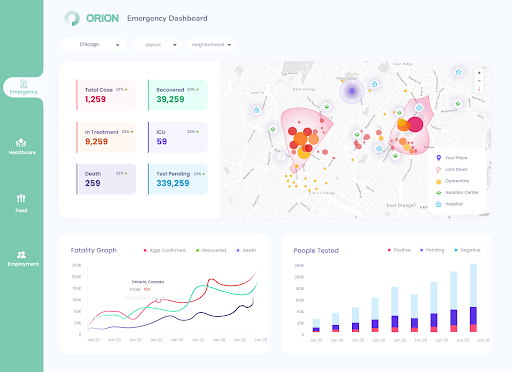
Repurposed spaces are closely monitored for health and safety during lockdown, allowing people a reprieve from isolation and businesses a better chance to sustain themselves. In fact, the proposal is to change the nature of lockdown entirely, so that those willing to have certain health-related data monitored can move about more freely in the world. The cultural value that this system produces has the ancillary benefit of economic stimulation.
Organizations engaging the ORION service can systematically detect viruses and other pathogens—and act accordingly. This system and the new data it makes possible thus helps public health officials with contact tracing and rapid response.
Creating thriving communities
Currently, due to expanded work-from-home policies, workers are experiencing several difficulties. Lack of in-person social interactions and the monotonous working environment have created additional stress. Meanwhile, government aid is limited when dealing with large-scale uncertainty. Larger businesses can strictly follow health guidelines and survive, but it is much more difficult for small local businesses. Gradually, the connections among individuals, businesses, and government become weaker, which end up depressing society and cultural life.
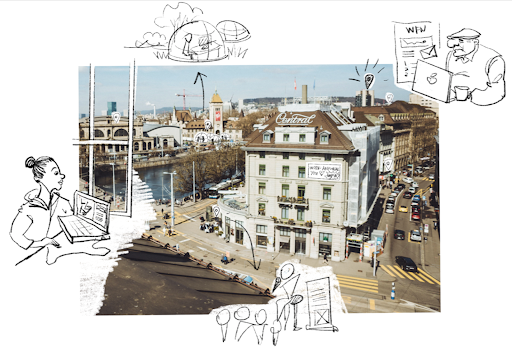
ORION work hubs would ensure convenience and flexibility to remote and hybrid workers through an online booking service. The service would invite local businesses, increasing their exposure in their communities while also giving people the in-person and authentic experiences they crave and making intangible cultural resources, such as peer-to-peer knowledge and experience sharing, accessible again.
Reframing local physical resources will redefine community life, and engender ever more opportunities. In later phases, more value will be created by more contributors. Workers will have richer life experiences because of the surrounding resources exposed and recommended to them via ORION work hubs and associate platforms. Small local businesses will be supported through the system, provided the ability to prepare and guard against future challenges and uncertainty.
Ultimately, the ORION model will help the neighborhood not only sustain itself, but thrive and become desirable to more potential residents.
A local support system positioned to scale
ORION is not designed for a specific location—our insights were developed from data on 15 different countries and regions. This intervention is able to be copied and learned by neighborhoods, which means that it could bring huge social changes. Ultimately, researchers can analyze the effects of the new social and work norms ORION helped to make possible and continue to help make improvements in pursuit of work-life balance and community wellness.
Eventually, with all the contributors to the system—residents, local businesses, local governments, and other suppliers—the data generated (e.g., employment rate, population activity density, and economic activity) could also further advise policymaking, urban planning, and more.
Students
- Aamena Ansari
- Zeya Chen
- Kelvin Yu
- Jesse Gao
Guidance
André Nogueira, Co-founder and Deputy Director of the D-Lab and Research Scientist at the Department of Health Policy and Management, Harvard T.H. Chan School
Patrick Whitney, Professor in Residence, Department of Health Policy and Management, Harvard Chan School
Catherine Wieczorek-Berkes, Graduate Research Assistant, D-Lab, Harvard Chan School
